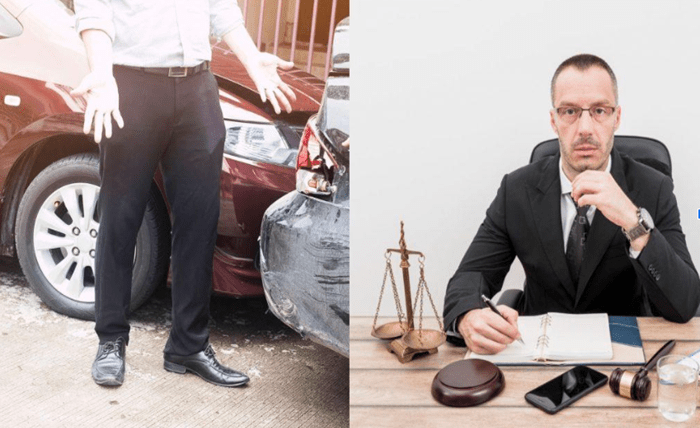When someone else’s negligence lands you in the ER in St. Louis or forces you to call in sick for weeks, you suddenly realize how easy it is to go from a normal day to a full-blown crisis in minutes. Now you’re stuck with pain, medical bills, and a real fear about what comes next.
That’s exactly when speaking to the best St. Louis car accident attorney becomes a necessity. Because let’s be honest, when your life flips upside down in an accident, you need someone who understands both the law and how things actually play out in St. Louis specifically. And to make that first meeting count, you’ll want to come prepared.
Let’s go over how you can actually prepare for a consultation with the best car accident lawyers here in St. Louis.
What You Need to Bring With You
Don’t wait until the last second to gather your documents. Your attorney isn’t expecting you to have a perfectly organized file cabinet, but they are expecting you to have the essentials. These documents are how they figure out what your claim is worth, who was at fault, and how serious your damages really are.
Here’s what you should bring (and yes, this is one of only two times we’re using bullet points):
- Police reports: The official report from the responding officer lays the foundation for your case.
- Medical records and bills: Any diagnosis, treatment plan, or even rehab appointments help show the impact of your injuries and how much it’s costing you.
- Photos and videos: This includes the accident scene, your injuries, damage to your car, or anything else that paints a picture of what happened.
- Insurance documents: Your policy, bills, and anything the other driver’s insurance sent you.
- Proof of lost wages: Pay stubs, a letter from your employer, or anything that shows time missed from work due to the accident.
Don’t worry if everything isn’t perfectly organized. Bring it anyway. Your lawyer will sort through it.
Be Ready to Tell the Full Story In Detail
A lot of people freeze up in that first meeting. They forget details or downplay their pain. Don’t do that. When your lawyer asks what happened, give them everything. Your version of the story matters more than you think, especially if you end up in a situation where someone is denying fault.
Don’t be vague. Be specific. If the pain started later that night, say that. If you couldn’t go to work the next day, explain why. Every piece of your story helps fill in the gaps your documents can’t.
Ask the Right Questions, Not Just the Obvious Ones
Yes, you’re there to share your story, but you’re also there to ask some real questions. Don’t treat this like a job interview. Treat it like you’re hiring someone to fight a battle for you, because that’s exactly what this is.
Write your questions down before you go. Keep them simple, but make sure they get you real answers. For example:
- Have you handled cases like mine, specifically in St. Louis?
- Will you personally handle my case, or hand it off to someone else?
- What kind of challenges do you expect with my claim?
- How do your fees work? Do I need to pay anything upfront?
- What kind of timeline am I realistically looking at?
Don’t be afraid to push back or ask for clarification.
Expect to Talk About Money, Even If It’s Uncomfortable
You don’t have to know all your numbers off the top of your head, but you should bring whatever you have related to financial loss. Missed work, rising hospital bills, costs of medication or physical therapy, these are things your attorney will eventually need to calculate your damages.
If you don’t have everything yet, that’s fine. Just be upfront about what you’ve spent or lost so far. And make it clear if you expect future costs, like ongoing therapy or surgery. The clearer the financial picture, the better your lawyer can argue your case.

